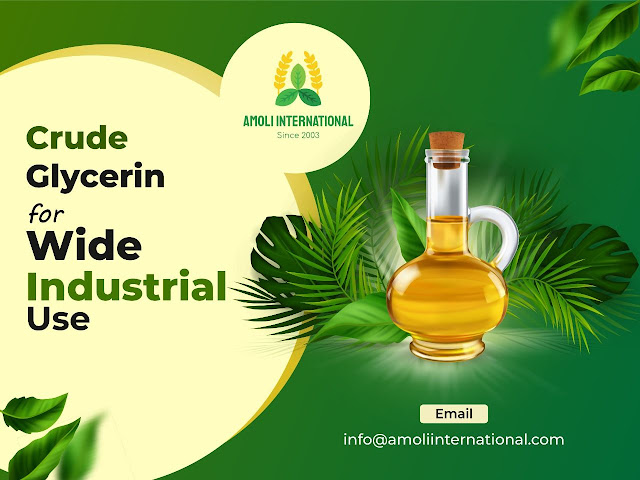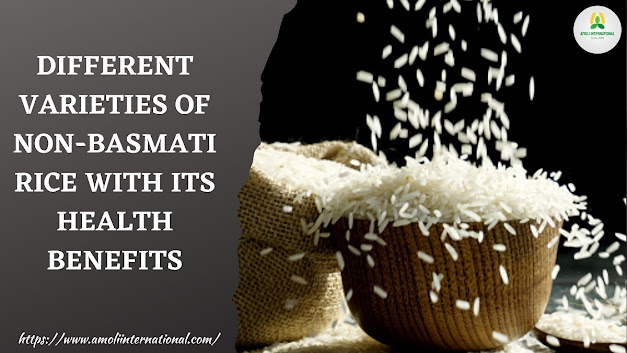Exploring the Chemical Properties of Glycerin: An In-Depth Analysis

Glycerin is a colorless, odorless, and viscous liquid that is widely used in the manufacturing industry. Glycerin, also known as glycerol, is a trihydroxy alcohol that is derived from animal fats, vegetable oils, and biodiesel production. It is a natural byproduct of the soap-making process and is widely used in the manufacturing of various products, including pharmaceuticals, cosmetics, and food products. Glycerin has a sweet taste and is non-toxic, making it safe for use in a wide range of applications. Crude glycerin is a byproduct of the biodiesel production process. It is obtained by the hydrolysis of fats and oils and is a viscous liquid that contains impurities such as methanol, salts, and fatty acids. Crude glycerin is typically dark brown and has a high viscosity. It is also known as unrefined glycerin and is less pure than refined glycerin. Chemical Properties of Glycerin Glycerin has a molecular formula of C3H8O3 and a molecular weight of 92.09 g/mol. It is a colorles...

